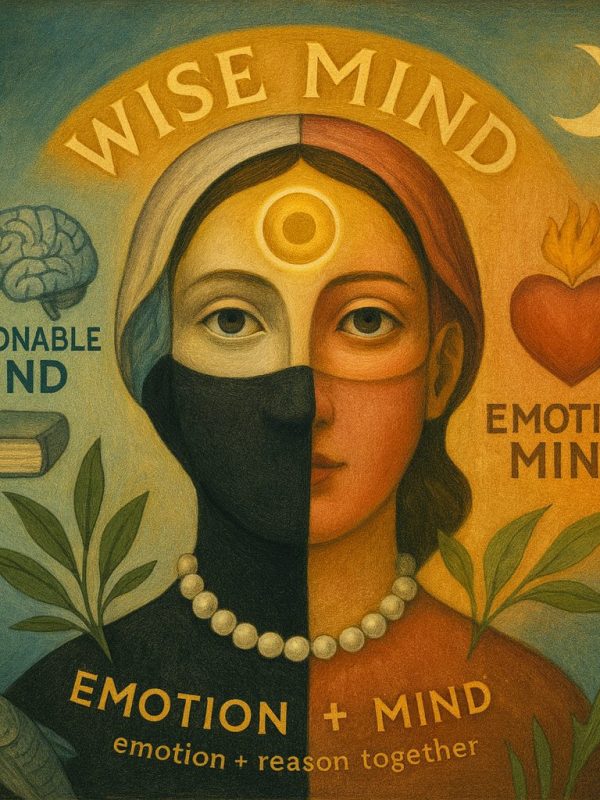The “What” Skill in DBT: A Core Mindfulness Technique
Dialectical Behavior Therapy (DBT), developed by Dr. Marsha Linehan in the late 1980s, is a comprehensive cognitive-behavioral treatment that emphasizes the psychosocial aspects of therapy. DBT is particularly effective for those with borderline personality disorder (BPD), chronic suicidal ideation, and other disorders involving emotional dysregulation. Central to DBT is the concept of mindfulness, divided into “What” and “How” skills. This article delves into the “What” skills of mindfulness in DBT, exploring their significance, application, and impact. Mindfulness, a key component of DBT, draws heavily from Buddhist meditation practices and involves consciously attending to experiences in the present moment without judgment.
The “What” Skill in DBT: A Core Mindfulness Technique Read article







